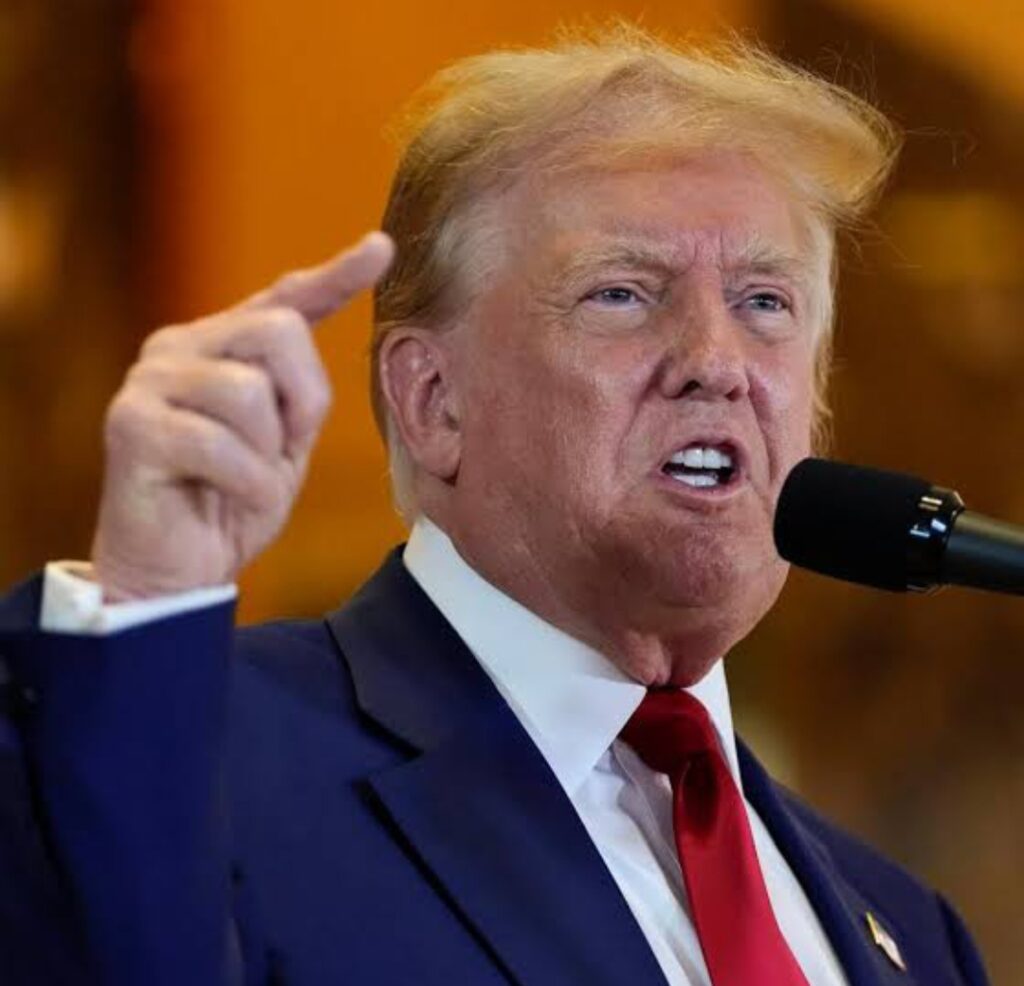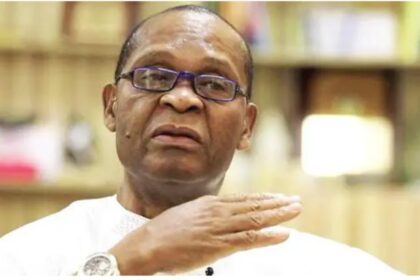[US Presidential Election] REVEALED: 4 Reasons Kamala Harris May Lose at the Polls
The presidential election in the United States of America (USA) will be concluded on Tuesday, November 5
Presidential historian, Allan Lichtman, has listed four factors that will decide the fate of Kamala Harris
Lichtman, who has been described as America’s polling “Nostradamus” successfully forecasted all but one presidential election result since 1984.…CONTINUE READING


Voters in the United States of America (USA) will decide the fate of Kamara Harris of the Democrats and Donald Trump of the Republicans on Tuesday, November 5, in the presidential election.
The vice president, Harris, and the former president, Trump, have toured the country for several months, campaigning and canvassing for votes.
According to Newsweek, presidential historian, Allan Lichtman, said that the election will come down to four keys.
Lichtman, who has been described as America’s polling “Nostradamus” successfully forecasted all but one presidential election result since 1984. Lichtman in a 2012 article for Social Education released 13 true/false statements, referred to as “key.” His forecasts are based on this model.
He stated “If six or more of these statements are false, the incumbent party is predicted to lose the election. If five or fewer are false, that party is expected to win.”
The first of the key factors that will decide the winner is the third party key – the incumbent seeking reelection. The incumbent party candidate is the sitting president.
The emergence of a significant alternative to the two main candidates who could carve out votes from their base is also vital.
Lichtman has said that for this key to turn false, independent candidate Robert F. Kennedy Jr would have to have the stable support of around 10 per cent of the electorate.
According to Lichtman, the second key that will decide Harris’ fate is domestic social unrest. The third key is foreign/military failure.
He argued that despite America’s involvement in the conflicts in Ukraine and Israel, he is likely to decide that the foreign military failure key is false. The fourth key is the foreign/military success of the incumbent administration.
Lichtman also warned that the “short-term economy” key was now “shaky,” as a result of early August’s “very weak jobs reports” and the resultant stock market skid.
However, Lichtman said that the key had not yet turned against the Democrats. He urged American voters to ignore the polls and the pundits. “Don’t follow the herd of the media, but look to how American presidential elections really work as gauged by the keys to the White House.”
Lichtman’s 13 keys set in 2012
Party mandate: After the midterm elections, the incumbent party holds more seats in the U.S. House of Representatives than after the previous midterm elections.
No primary contest: There is no serious contest for the incumbent party nomination.
Incumbent seeking reelection: The incumbent party candidate is the sitting president.
No third party: There is no significant third party or independent campaign. Strong short-term economy: The economy is not in recession during the election campaign.
Strong long-term economy: Real per capita economic growth during the term equals or exceeds mean growth during the previous two terms.
Major policy change: The incumbent administration affects major changes in national policy.
No social unrest: There is no sustained social unrest during the term.
No scandal: The incumbent administration is untainted by major scandal.
No foreign or military failure: The incumbent administration suffers no major failure in foreign or military affairs.
Major foreign or military success: The incumbent administration achieves a major success in foreign or military affairs.
Charismatic incumbent: The incumbent party candidate is charismatic or a national hero.
Uncharismatic challenger: The challenging party candidate is not charismatic or a national hero



